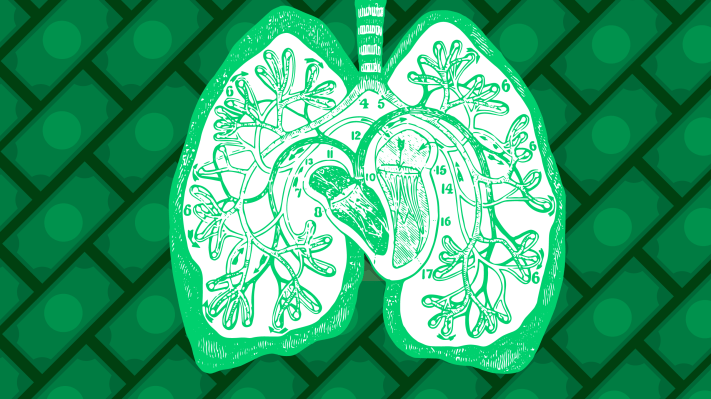Kaggle, the nearly ten year old startup that hosts competitions for data science aficionados, is hosting a competition with a $1 million purse to improve the classification of potentially cancerous lesions in the lungs. The funds are being provided by the Laura and John Arnold Foundation as part of the 2017 Data Science Bowl, hosted by Booz Allen Hamilton and Kaggle.
This isn’t the first time that major prize money has been given away to accelerate research in targeted areas. The Data Science Bowl featured a competition last year to identify signs of heart failure with a $200,000 purse and the year before it tasked data scientists to assess ocean health.
The $1 million going towards this year’s competition will be the most ever given out as a prize on the site. The first place winner will receive $500,000 with second and third getting $200,000 and $100,000 respectively. The next seven contenders by rank will each receive $25,000.
Kaggle was founded in 2010 by Anthony Goldbloom and Ben Hamner. It initially raised $11 million in the form of a Series A from Khosla Ventures, Index Ventures and others.
“We’re striving, as a company, to be the home of data science,” said Goldbloom in a conversation with TechCrunch.
The company makes its money off of taking payments from those that want to hold competitions on the site. Kaggle also hosts a jobs board for its nearly 800,000 data science members that also contributes revenue.
Though the 2017 Data Science Bowl just launched this morning, it has already drawn in 300 team submissions. Goldbloom acknowledged that most of these submissions are likely just an attempt to beat the competition benchmark for pride — competitors get to submit five submissions per day until the event ends on April 12th 2017.
After teams finish building and submitting their models using lung image scans provided by the National Cancer Institute, the goal is that the creations can be used to tangibly reduce the high false positive rate that makes today’s solutions inadequate.
Google’s DeepMind and Microsoft have both dedicated resources in the healthcare space towards using similar machine learning methods to identify conditions that can lead to blindness by analyzing eye scans.
